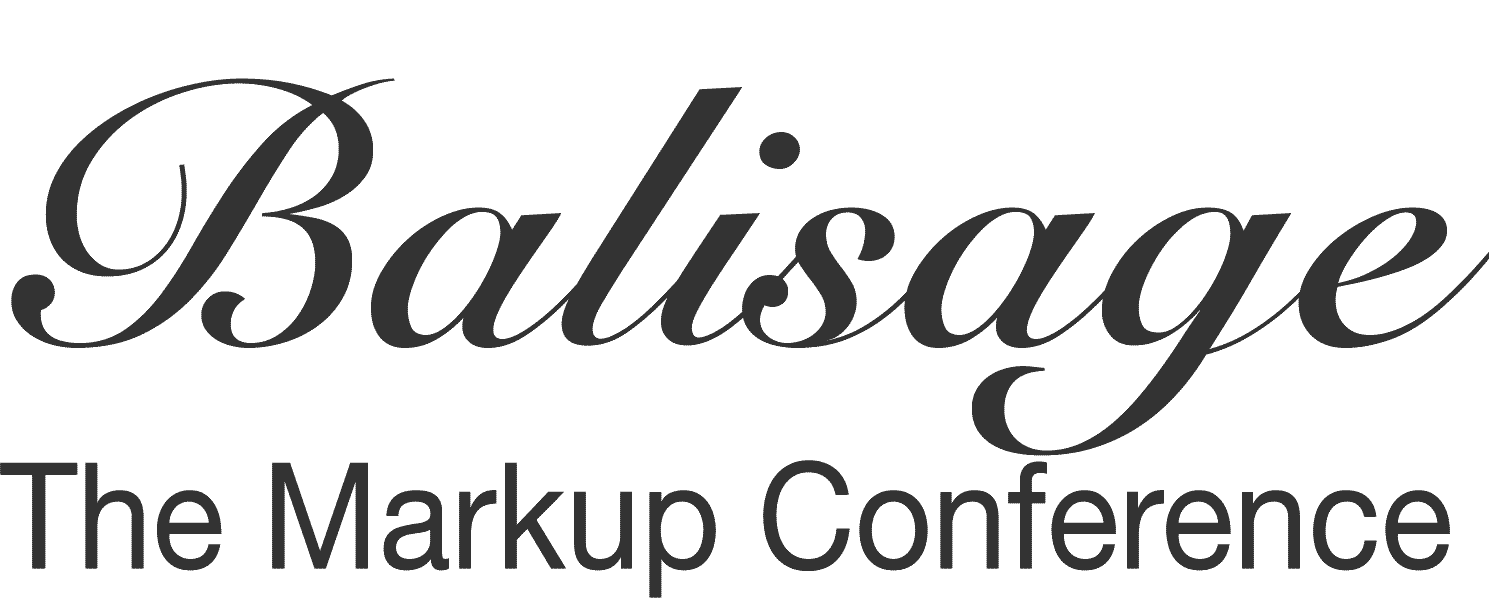from Julia Flanders
For me as a young graduate student working at a TEI project in the early 1990s, Michael was a legendary but distant name. But my first personal encounter with him was (I think) at the ACH/ALLC conference in Santa Barbara, and my clearest memory of that conference was of playing pool with Michael one evening in a common room on campus. Because of his larger-than-life stature in the professional world I was then entering, the pure friendliness and fun of that evening were all the more of a surprise and a delight--especially because my prior conference experience had been limited to the very different atmosphere of the huge and wintry MLA convention. He asked genuinely interested questions about the work I was doing, and gave me a glimpse of what real collaborative engagement with another researcher could be like. I came away thinking "this is the community I want to work with!"
I was fortunate to encounter Michael many times after that and to work fairly closely with him during the process of building the TEI Consortium, and I followed his evolving research interests as they broadened out from markup to ontologies and logic and the deepest foundations for understanding how meaning inhabits information systems. The final words of his closing keynote to the "Knowledge Organization and Data Modeling" workshop (https://www.youtube.com/watch?v=2F98I3bbOVM) still stand for me as an incredibly moving reflection on what we do as digital humanists:
"Kurt Godel pointed out that even within the restricted realm of formal languages...it's possible to formulate sentences for which no mechanical proof within the framework of that system is possible,. Now it's interesting, many people cite Gödel's theorem as a dark and ominous symbol, reminder of the limitations, the inadequacy of human endeavor...But that's not the way Gödel saw it. Gödel saw it as rescuing mathematics from the deadening influence of a purely mechanical proof theory. There are always things that are going to require human intervention and human ingenuity. It's the machines that are doomed to fail, not humans. Of course, some people think humans are doomed to fail too, but maybe that's not too bad. As Beckett is quoted as saying, "Ever tried. Ever failed. No matter. Try again. Fail again. Fail better.'"
